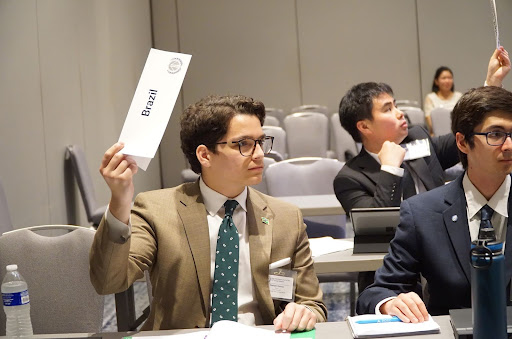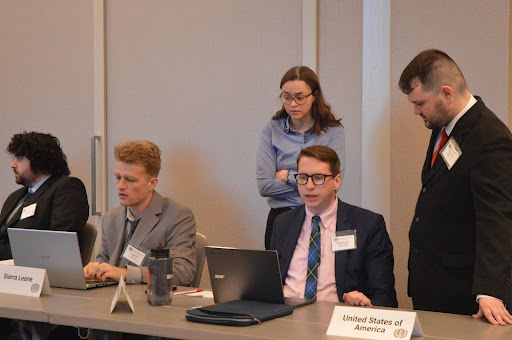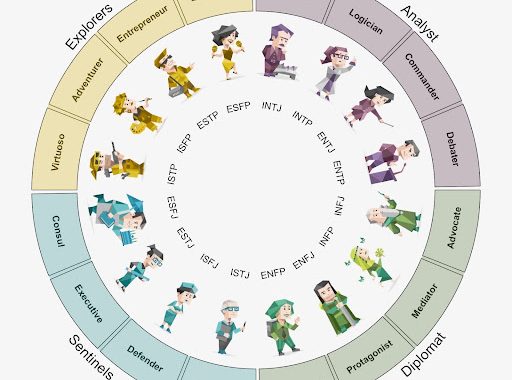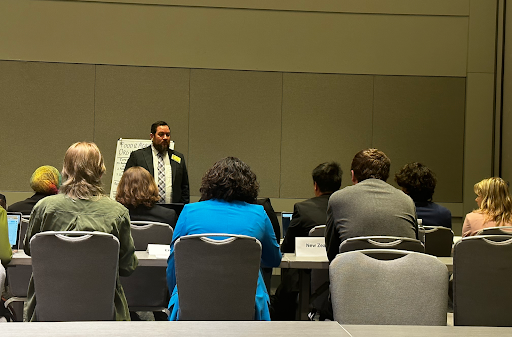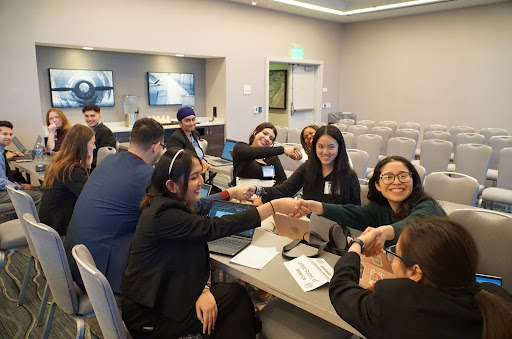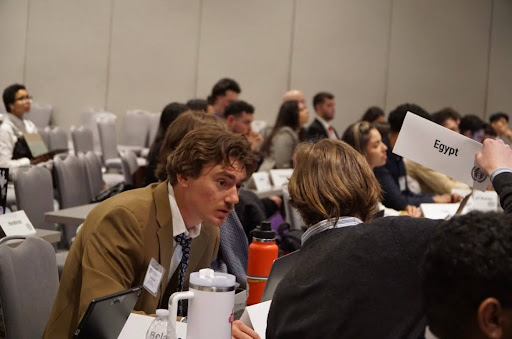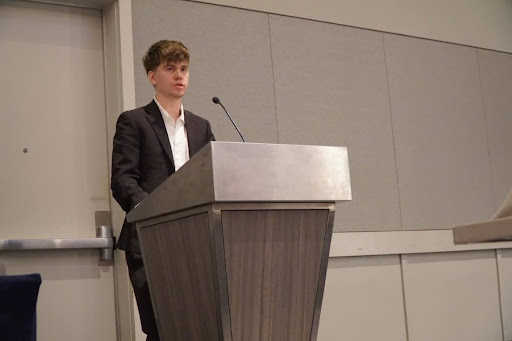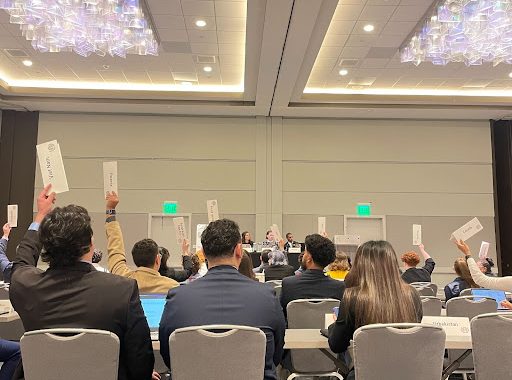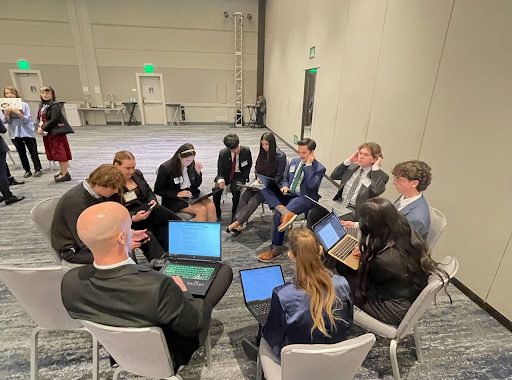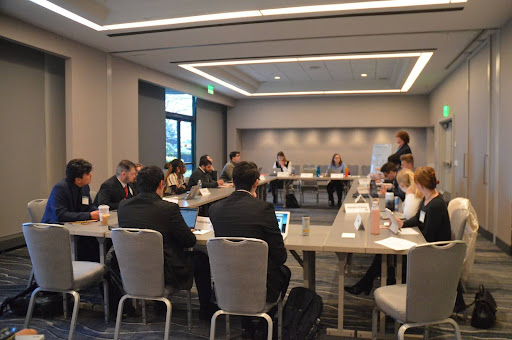Navigating Emerging Technologies and Nuclear Concerns: Updates from the GA First Committee
While waiting to finalize substantive debate for their first topic, the General Assembly First Committee (GA First Committee) is finalizing general debate for their second topic, “Risks and Opportunities posed by Emerging Technologies, including Artificial Intelligence (AI).” Most member states are reaching consensus in identifying and pursuing an ethical regulatory stance for AI, prioritizing education, equitable distribution, and regulating the utilization of the technology. While there is a lingering concern for the weaponization of AI and talks of increased cybersecurity to defend against AI, the Committee is pushing towards its potential utility.
The Delegate of Cameroon, Kayden Bartley, reported that the Committee is hopeful to finalize substantive debate for their first and second topics as early as the end of the night and continue to their third topic by Monday Morning, Maritime Security. Kayden believes the third topic will create the most contention between the delegates and require the most time to finalize resolutions for. Finally, Kayden reported tensions between Israel and Iran regarding funding of terrorist groups in the Middle East and the usage of AI in weaponized drones.
Upon entering substantive debate for their first topic, the committee had Japan, Sweden, South Africa, Singapore, and Israel introduce the four submitted resolutions for their first topic. Japan recognized the potential downside of nuclear energy and weaponry, touching on Chernobyl, and reaffirmed that nuclear power is sustainable and efficient. Developed states supported Japan in the nuclear crisis, and the delegate of Japan advocated for the peaceful promotion of nuclear power for sustainable power, weighing both dangers and benefits for both developed and developing states. The delegation of Sweden offered a similar stance to Japan and stated that nuclear power can support reaching sustainable development goals, particularly for developing states. Both Singapore and Israel held strong stances against nuclear weapon proliferation to prevent Middle Eastern destruction. Israel held a strong stance at preventing Palestine from collecting nuclear weaponry. After the resolution introductions, Cuba volunteered to speak in defense of the first resolution advocating for nuclear power and nuclear non-proliferation. Cuba strongly affirmed that there is an extremely low likelihood of nuclear terrorism existing from increasing the number of nuclear power plants across the globe while expanding upon a Cuban fascination with Thorium. The delegation of South Africa defended the second resolution for the first topic, emphasizing that nuclear power requires ethics on the forefront.
Casey Figone
World Press Reporter

